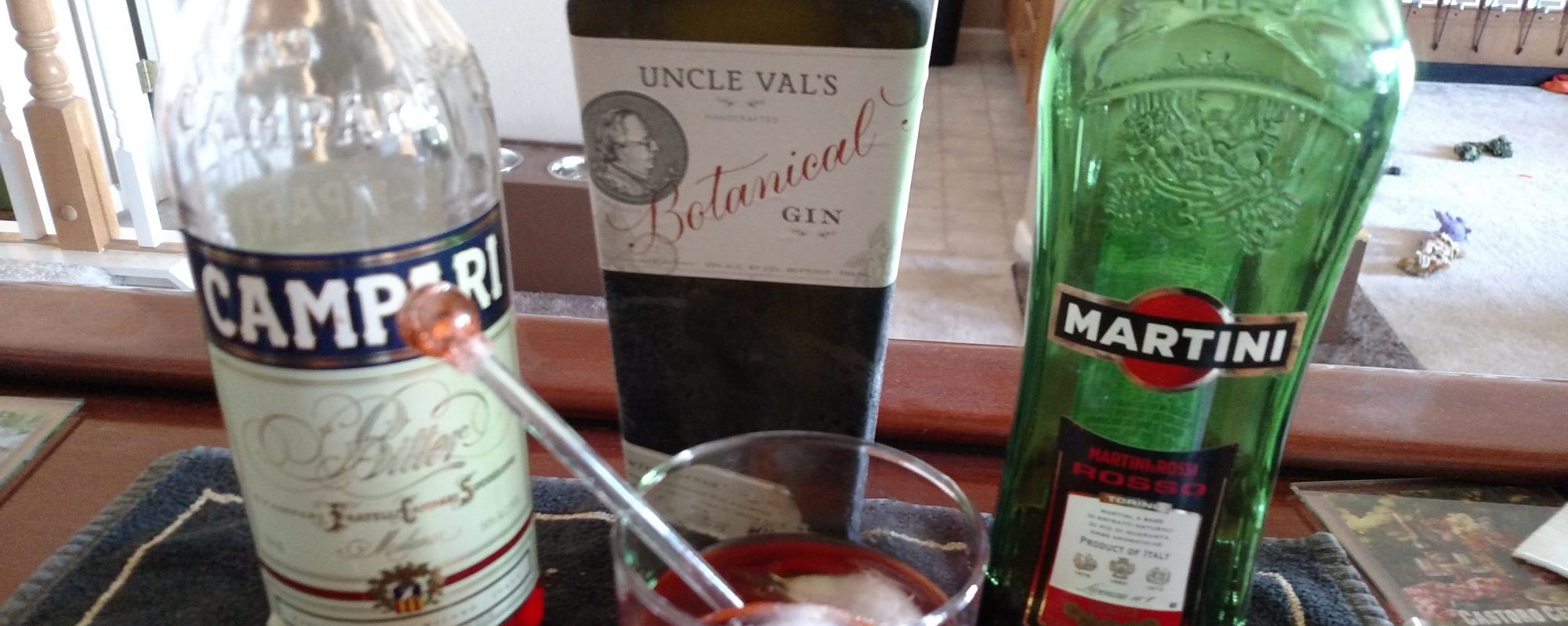 Petit Verdot
Petit Verdot
Petit Verdot is a small red grape that originally was used in Bordeaux blends, but all but disappeared during the phylloxera scourge in the 1800s and a 1956 frost. In the Seventies, it re-emerged in Catalan Spain and, of course, Napa, in the 1970s. The grape has since returned to the Medoc region. The ripening window for Petit Verdot is so narrow that few vintners chance using it as more than an accent. Serve at about 65 degrees.
In In Vino Veritas, I hinted at perceptions being tainted by agendas. As we continue our “wine walk” portion. Today, I’m going to explore one agenda-driven perception manipulation. In 1944, Charles Boyer and Ingrid Bergman starred in “Gaslight,” a psychological thriller. It is from this film that psychologists adopted the term “gaslighting.” Gaslighting is a form of abuse where the perpetrator uses lies and distortions of truth about past events in order to challenge his or her victim’s perception of the events and, therefore, question his or her present perception. You can already see how the phrase “Perception is reality” as parsed from the original quote, can be a dangerous tool.
The perpetrator does this by contradicting one’s recollection of a prior moment, deliberately misinterpreting or inventing the victim’s previous statements, fabricating moments that “the victim clearly does not remember,” or altogether forgetting previous conversations that could possibly benefit victims. (S)he denigrates his/her victim to people of importance and discredits those who validate the victim’s perception.
An example:
“Bob, could I get a copy of that report I asked you for last week?”
“Sorry, Jane, but you never asked me for that report.”
“There you go again, forgetting things. Don’t you ever write anything down?”
“I have a didactic memory and besides, I do write everything down. See? Golf Tuesday at 8:55, presentation to the firm on Wednesday at 10:30 in the Sierra Room, and, look right there. Bobby’s class is doing Peter and the Wolf on Friday. You never asked me for the reports.”
“I know I did. We were in that meeting with Jerry and I asked three times, the last just as we were getting up to leave.”
“I’m sure you believe that, but it’s simply not true. You just shook your head when Jerry asked if there was anything else.”
“Well, let’s go ask Jerry.”
“Oh, come on, Jane. You know Jerry will say anything to protect his ‘rising star.’ He was thinking of asking you out, by the way. Plus, the only things he remembers from those meetings are his own action items.”
Meanwhile, Bob would be undermining Jane’s credibility to the key decision makers, more or less accusing her of the very tactics he’s using.
Dr. Robin Stern, PhD lists fourteen signs that a person may be a victim of gas lighting[1]. Warning: this list is not intended as a diagnosis. If you feel you have any of these symptoms, seek professional help.
- You are constantly second-guessing yourself.
- You ask yourself “am I too sensitive” a dozen times per day.
- You often feel confused and even crazy at work.
- You’re always apologizing to your parents, significant other, boss.
- You can’t understand why, with so many good things in your life, you aren’t happier.
- You frequently make excuses for your perpetrator to friends, family, coworkers.
- You find yourself withholding information from others so you don’t have to make excuses.
- You know something is terribly wrong, but you can never quite express what it is, even to yourself.
- You start lying to avoid the put-downs or reality twists.
- You have trouble making simple decisions.
- You have the sense that you used to be a different person: more confident, fun-loving, relaxed.
- You feel hopeless and joyless.
- You feel as though you can’t do anything right.
- You wonder if you are a good enough spouse/employee/family member.
You can see how intertwined these signs are with depression.
The next stop on our wine walk will be an analysis of the perpetrator.
[1] Dr. Robin Stern. Are you being Gaslighted. Psychology Today. May 19, 2009


Heavy and thought-provoking. Nice work!
LikeLike